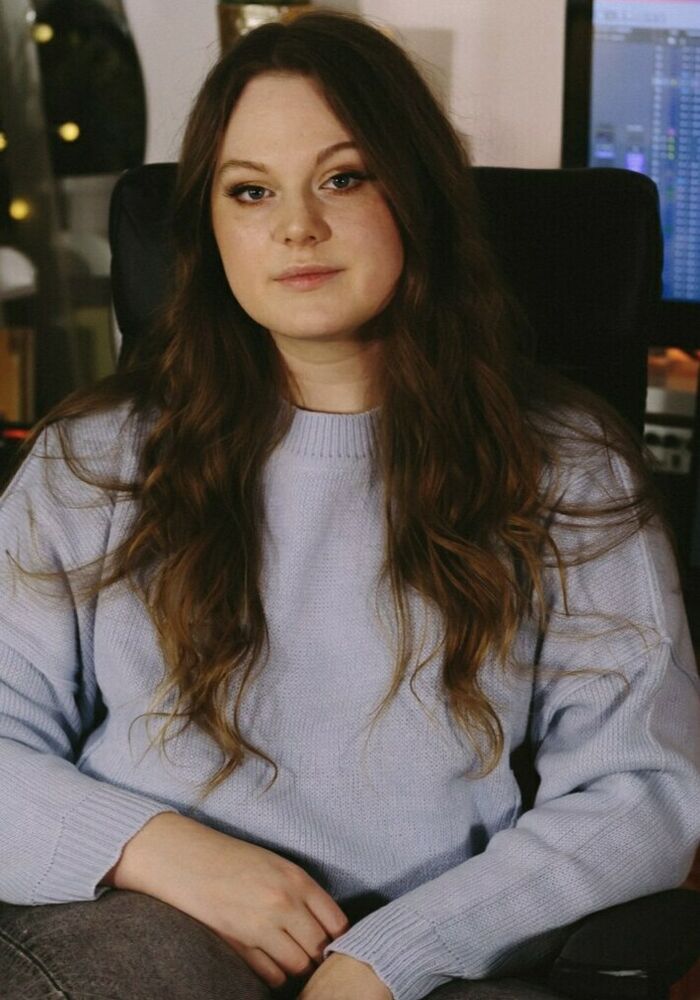This July, Pro7ect’s annual residential songwriting retreat returns to Wales’s legendary Rockfield Studios, offering participants an opportunity to create, collaborate and learn from all manner of fellow artists and revered songwritiers and producers. Here, one of this year’s Headline Producers, Kaity Rae, chats to Headliner about the power of these retreats and why collaborations can benefit your songwriting skills in more ways than you can imagine…
For 2023, Pro7ect will run two four-day retreats at Rockfield Studios – July 18-22 and July 22-26 – which has housed sessions for some of the most acclaimed artists of all time, including Queen, Oasis, Coldplay, Black Sabbath, Manic Street Preachers, George Michael, and many more.
Two Headline Producers will be on hand to run these residential sessions - Emre Ramazanoglu (Noel Gallagher, Carly Rae Jepsen, Lily Allen, Richard Ashcroft, Paloma Faith) and Kaity Rae (The Shires, Lisa Pac, Betsi Gold, Tragic Sasha, Lleoworld).
We caught up with Rae to find out more about this year’s Pro7ect Rockfield retreat, her experiences of songwriting camps, and the art of great collaboration.
Tell us about this year’ Rockfield retreat and how you got involved?
It’s a week-long retreat aimed at helping people develop and learn about the songwriting and production process set in the iconic Rockfield Studios. I’m great friends with a producer (Charlie Deakin Davies) who was on it just before Covid hit and that was when it was based in Brighton. They recommended me to its founder Lisa Fitz and she thought I’d be a great fit for this year. I’m really honoured to be doing the camp as a producer and to be working with the other great people who are involved this year. It’s going to be a great week.
As Headline Producers, we lead the sessions and help people to write and produce and show them what goes on in the studio when you get set up with complete strangers. And there will also be some masterclasses on the production process. That’s the general gist of it. When you are on a camp like this staying at the studio it’s an experience like no other - you really get to know people so well so quickly. It’s great for the creative process to be able to stay up until whatever time and be creative.
For some who hasn’t been to a retreat before, what does a day at the camp look like?
The residential ones I’ve been on in the past are very much centred around food! You get up, have breakfast then start with a debrief of the day. You find out who is in what room and then you just go and write for the day. You are given a time to be finished by and then at the end of the day or the week there is an opportunity to share the music you have been making. Some camps have briefs at the start of each day but I’m not sure if Pro7ect does. But it’s basically getting together and writing, and the fact you are all staying together makes it feel more intense, and the writing is usually better for that. And there is nothing more valuable than having that collaborative experience. Even if you typically write alone, you might find you enjoy writing for other people. A lot of times camps can bring out that different side to people.
What are some of the things you have learnt from camps such as this?
I did a camp when I was a pretty new producer. I was very much thrown in at the deep end and we had to share the songs at the end of the week. And at the end there was also a writing day where you had to share that song at the end of the day. For all the other tracks, I’d stay up until 3am getting them absolutely perfect, but on the last day the write finished at 5pm and the listening party was at 6pm. I was so stressed about that song not sounding good, not being up to par with the other songs, and I just thought it would sound awful because I didn’t have as much time as I would have wanted. So, I went in with a sense of just giving it everything I’ve got and thinking what will be will be, and it ended up being the best one. So, I really learned not to overthink everything. It was my first camp as a producer, so I really wanted to impress everyone.



